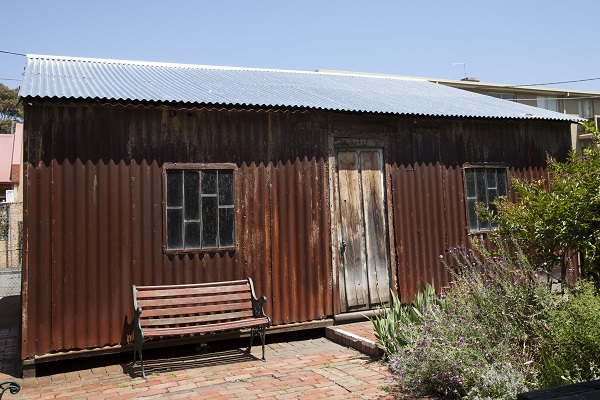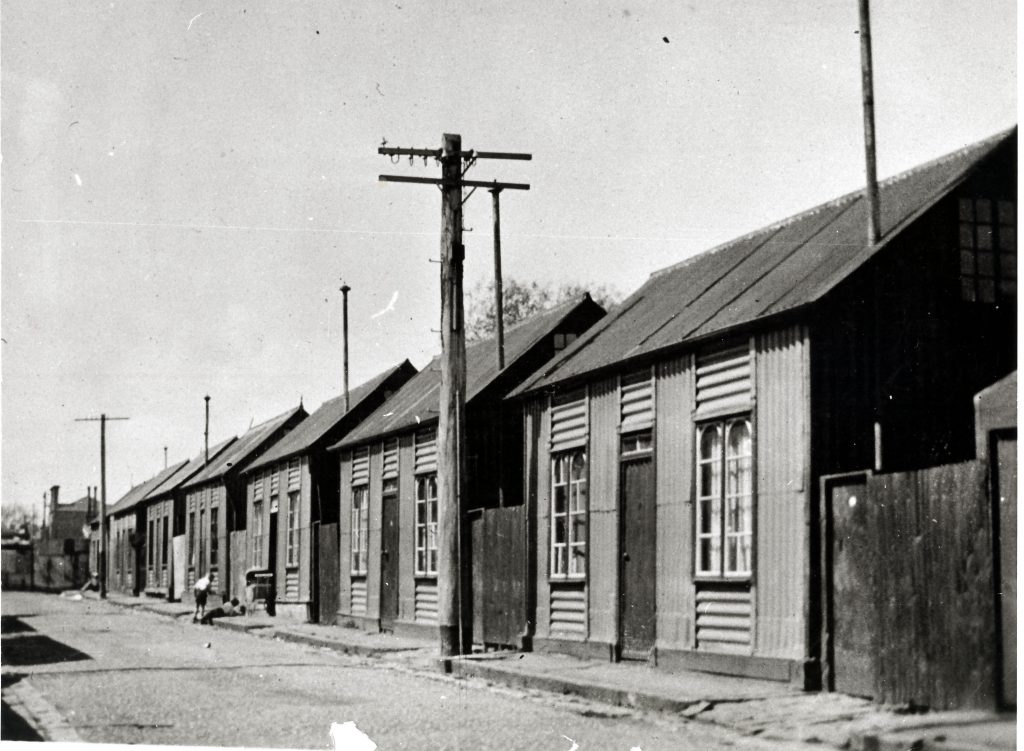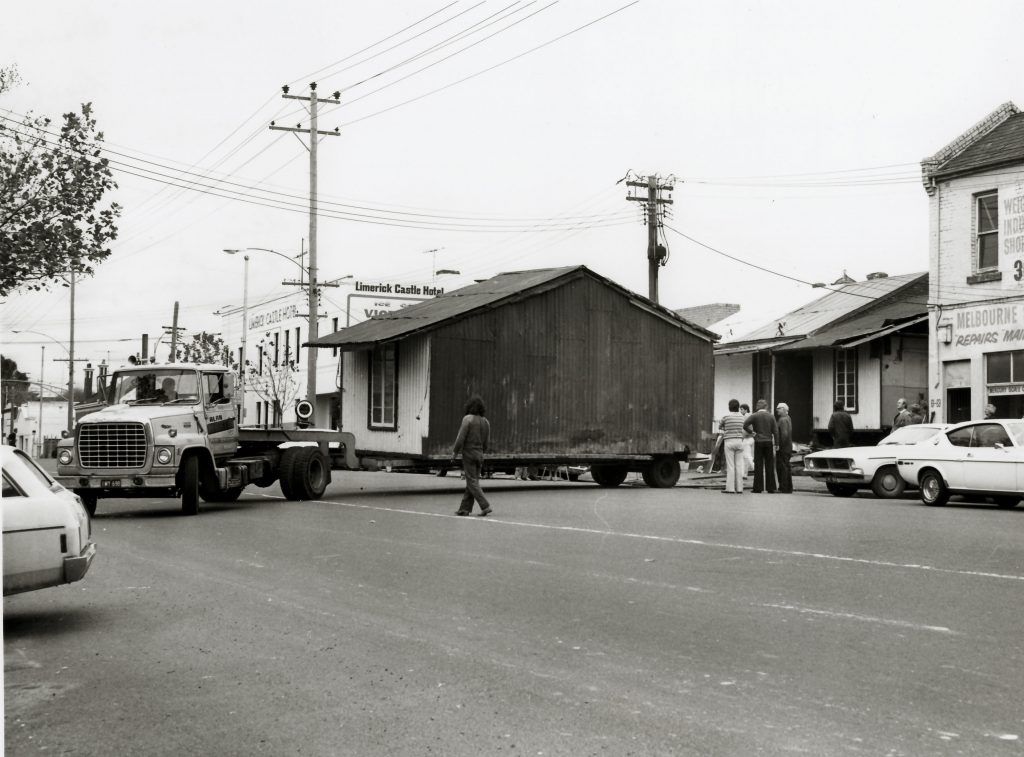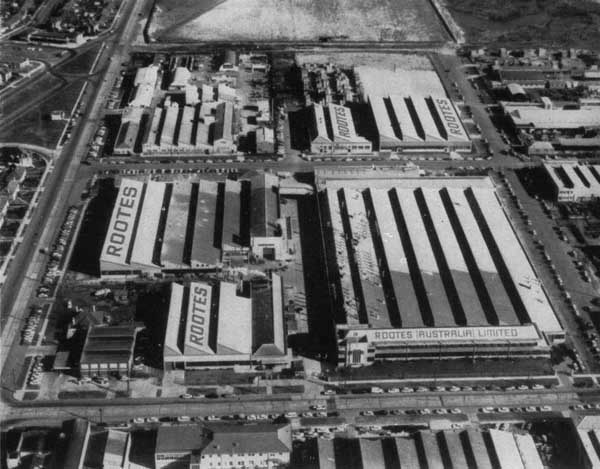Citizen Heritage: Fishermans Bend Workshop

Please join us!
Citizen Heritage: Fishermans Bend Workshop
9:30am-3:30 pm
Sunday 17th September
Portable Iron Houses.
Fishermans Bend traces the industrial and historical growth of Melbourne across the last 150 years. Originally swampland, the area skirted the shantytowns of Gold Rush-era Melbourne’s population boom and been at the heart of the growth of industry over the last century, since the establishment of the GMH factory prior to World War II. In the postwar era, Fishermans Bend became a major employment and accommodation hub for migrants and represented one of the most significant threads of the rich multicultural history of Melbourne. Today, Fisherman’s bend is set to become Australia’s largest urban development project and its heritage and historical stories are in danger of being lost to rapid development.
In order to explore how simple digital mobile technology tools might be used to help retain cultural memory and heritage value, we are running a Fishermans Bend citizen heritage workshop to map the diverse cultural heritage of the area. The project is a partnership between the National Trust of Australia (Victoria), the Citizen Heritage project team, local history groups and the local community. Using a citizen science methodology, participants will collect and analyze historical material to help build a rich description of the heritage values of the area.
The project will be run as a free full day workshop on Sunday September 17, and participants are invited to come and help and to explore the area. The workshop will begin at the Portable Iron Houses in South Melbourne, a property managed by the National Trust (Victoria). These pre-fabricated iron buildings are a few of the last remaining examples in the world and were constructed to deal with the pressure of the Gold rush-era population boom as migrants flocked to the colony. The workshop will include will include talks on the history of Fishermans Bend, along with presentations on the value of citizen heritage and its role in documenting history and heritage. The main focus of the day will be a self-guided walk through Fishermans Bend to record the history of key sites through photos, oral history, and writing.

The workshop will be hosted at the Portable Iron Houses, a property managed by the National Trust (Victoria.) Portable Iron Houses 1966. Moir, J. K. (John Kinmont). Courtesy of the State Library of Victoria.
The data will be collected using the PastPort website, developed specifically by a project being run at the University of Melbourne and Deakin University, to document Port Melbourne’s history. In conjunction with local experts, we will be on hand to answer questions from participants and guide the walking tour. This will lead to a living archive of insights into community values, and help inform current debates about what could be recorded and retained in Fishermans Bend.
We have been extensively involved in the fight for retention in the Fishermans Bend area. This can be seen in research we commissioned on the Rootes/Chrysler Car Factory which unearthed its origins as a top-secret WWII tank facility, information that saw it later protected by a Heritage Overlay from Port Philip City Council. This is just one example of our contributions to the campaign to ensure the heritage and rich history of Fishermans Bend is retained for future generations.
This a free event and lunch will be provided. Register by Wednesday 13th September by clicking here, or contacting Caitlin on 9656 9837 or email at [email protected]



+ There are no comments
Add yours